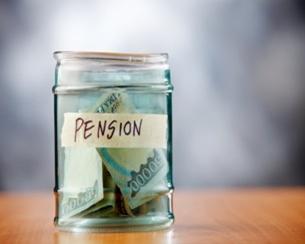
Respondents paid £7 billion towards their defined benefit (DB) pension deficits in 2014, according to research by Barnett Waddingham.
The research, which is based on publically disclosed pension accounts from 218 FTSE 350 organisations, also revealed that aggregate pension deficits have reached their highest level in five years, and employee pension contributions are decreasing.
The survey also found:
- The amount respondents paid towards their defined benefit pension deficits in 2014 is 20% less than the previous year and 40% below the amount each year between 2009 and 2012.
- Respondents’ aggregate deficits increased from £53.3 billion to £64.7 billion over the year.
- 18 employers that took part in the study have deficits exceeding 10% of the organisation’s market capitalisation, while seven hold equities within their pension schemes with more than 50% of the organisation’s market capitalisation.
- The 170 respondents that have a DB scheme expect to pay £970 billion over the next three decades.
- Dividend pay-outs reached £56.9 billion in 2014, up from £47.3 billion in 2009. In 2014, 24 respondents paid more in pension deficit contributions than they handed to investors via dividends.
Nick Griggs, head of corporate consulting at Barnett Waddingham, said: “The increase in deficits seen towards the end of 2014 will almost certainly translate into pressure from scheme trustees to reverse, or at very least address, this trend [of lower deficit contributions] in 2015 and beyond.
“If you look at the levels of cash that a lot of organisations are holding, there does seem to be potential for increased deficit contributions.”